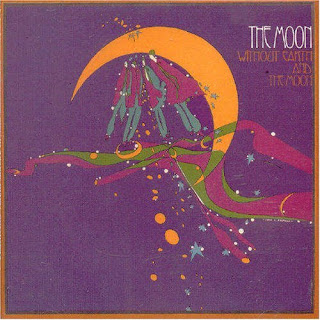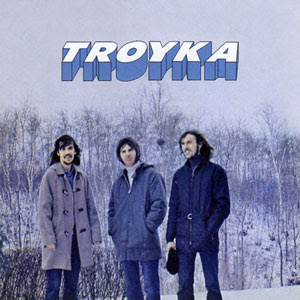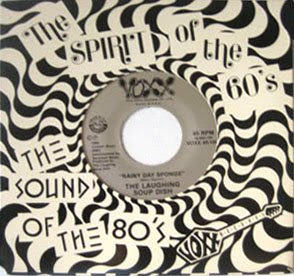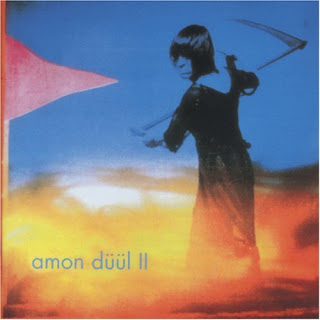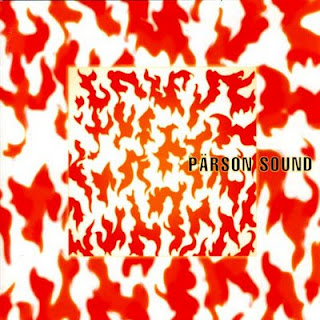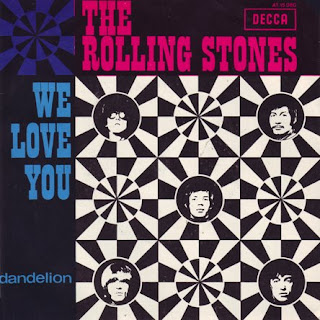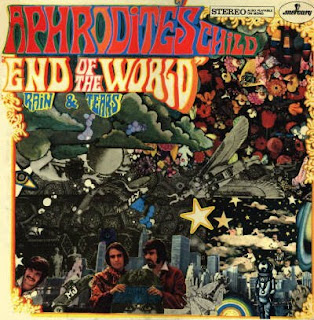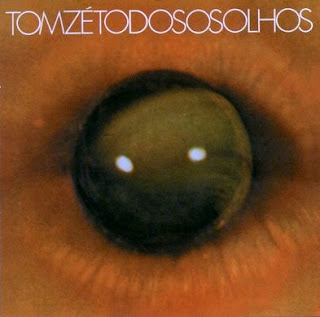![]()
"We Love You" / "Dandelion" was a typically glib response to The Rolling Stones ongoing legal struggles following Mick and Keith's drug bust in February 1967. The authorities threatened the future Glimmer Twins with huge fines and harsh prison sentences following the discovery of small amounts of marijuana and a few amphetamine tablets during a suspiciously well-timed raid on Keith's Sussex home. Despite the Stones' habitual anti-authoritarianism, the most staid and conservative of British newspapers,
The London Times, came to their aid, sensing the whole situation a setup, and eventually, through its influence on public opinion, the charges against Mick & Keith were dropped.
"We Love You" manages to be both a sincere "thank you" to the Stones' fans and supporters and a mocking attack on the establishment. The song opens with the sound of footsteps and a jail door slamming shut before Nicky Hopkins' begins to weave a tight piano web over more ominous concreté gaol sounds. Brian Jones incredible musical versatility is evidenced once again with his deft mellotron backing that gives the song a woozy psychedelic wash. Notice how the Stones' harmonies here are a little higher and sweeter here than in any other song, and with good reason too, as Paul McCartney and John Lennon added their talented throats to "We Love You" in a show of solidarity with their friendly rivals. The song eventually collapses down to Charlie Watts' strangely distant drums and the stumbling mellotron riff, and Lennon is just barely able to toast to "your health!" before the tape runs out...
The instrumental foundation of "Dandelion", was originally written by Keith during the sessions for
Between the Buttons, but as evidenced by the available bootleg of the song-in-progress, lyrically, he couldn't get past the proposed title line, "Sometimes Happy, Sometimes Blue", instead singing non-sense syllables in place of the as yet unwritten words. The song would remain unfinished until after
Between the Buttons was released and the Stones' were in need of a compatible B-side to "We Love You". As released, "Dandelion" is mostly based on nursery rhymes, with bits of 1960s "mind games" philosophizing tossed in. Though a seemingly light-hearted psychedelic trifle, "Dandelion" held a special significance to Keith, who would name his daughter, born during the accursed sessions that would eventually culminate in
Exile on Main St, Dandelion, after this song.
As an added bonus, I've included an early backing track for "We Love You" without vocals and Keith's demo for "Dandelion", "Sometimes Happy, Sometimes Blue". The single is sourced from the pristine 2002 ABKCO remaster, but the backing track and demo come from the bootleg netherworld...
Tracklist:
1. We Love You
2. Dandelion
3. We Love You (backing track)
4. Sometimes Happy, Sometimes Blue
Listen to We Love You


